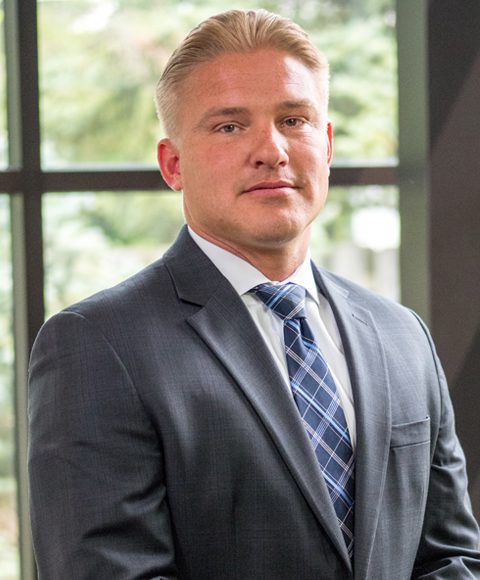Earlier this week, reports circulated that the United States Drug Enforcement Administration (DEA) would move to reclassify marijuana. First reported by The Associated Press, it would mark a historic shift to generations of American drug policy.
Any proposal from the DEA would still need to be reviewed by the White House Office of Management and Budget (OMB). It could recognize the medical uses of cannabis and support those arguing for therapeutic uses for the drug. If and when OMB signs off, the DEA will take public comment on moving marijuana from its current classification as a Schedule I drug – alongside heroin and LSD.
A MOVE TO SCHEDULE III
It is important to note that the reclassification would not legalize marijuana outright for recreational use. Instead, marijuana would be moved to Schedule III, alongside ketamine and some anabolic steroids. Schedule III drugs are still controlled substances and subject to rules and regulations, and people who traffic them without permission can still face federal criminal prosecution.
“According to the DEA, marijuana is currently a Schedule I drug – the highest level,” explained Anthony Kuhn, managing partner in the Buffalo offices of Tully Rinckey PLLC, and chairperson of the firm’s security clearance practice group.
“Other Schedule I drugs include heroin, LSD, Ecstasy, and more,” Kuhn told ClearanceJobs. “Ironically, the DEA considers drugs like cocaine and methamphetamine to be Schedule II drugs, a lower rating than marijuana. The DEA considers Schedule I drugs to be drugs with no medicinal purpose and a high potential for abuse.”
Many doctors and patients disagree with the DEA’s long-held position – and clearly, so do the majority of American states. As of March 2023, the use of cannabis for medical purposes is legal in 38 states, four out of five permanently inhabited U.S. territories, and the District of Columbia.
“Countless studies demonstrate the potential positive effects of treating certain conditions with marijuana, THC, and CBD,” added Kuhn.
SECURITY CLEARANCE HOLDERS – IT’S STILL A PROBLEM
Since Colorado and Washington became the first states to pass legislation in 2012, there are now 24 states – along with the District of Columbia – that have legalized the recreational use of marijuana as of February 2024. Yet, that fact doesn’t mean those with security clearance should feel comfortable heading to the local dispensary, even with the DEA’s new classification.
“For the most part, this will not change anything for most clearance holders. Recreational drug use remains illegal,” warned Bradley P. Moss, national security attorney and partner at the Law Office of Mark S. Zaid, PC.
“A security clearance holder who uses marijuana jeopardizes their security clearance because the federal government doesn’t recognize any legitimate reason for marijuana use, including medicinal purposes,” noted Kuhn.
Changes could be coming, Moss told ClearanceJobs, who added, “This will, however, make things more complicated when it comes to medicinal marijuana. That will require some careful coordination once implemented agency-wide.”
Moreover, downgrading the scheduling of marijuana could immediately open the door for some marijuana users, not abusers, to mitigate the government’s concern by showing that their marijuana use was for medical purposes under a prescription from a doctor.
“The DEA has the ability to downgrade marijuana into any of the lower categories, a move that should have occurred long ago,” suggested Kuhn. “Medicinal marijuana users would likely be able to mitigate the government’s drug use concerns, but abuse and recreational use would still be just as difficult to mitigate until the adjudicative guidelines have changed. Any illegal purchase, possession, or use would trigger allegations of violations of the criminal conduct and drug use guidelines. Failure to disclose would result in personal conduct guideline violations. Overall, this is a long overdue step in the right direction.”





